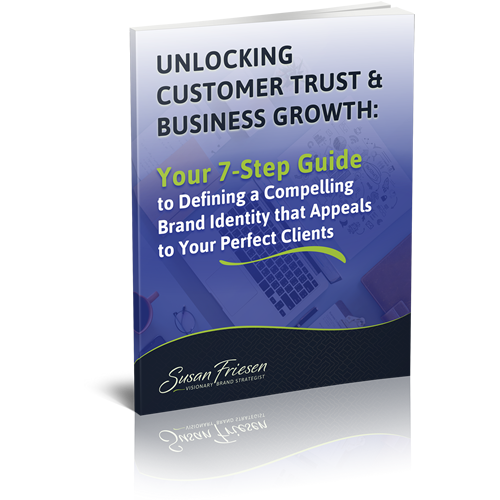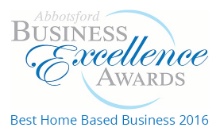Creating a new trade-mark/brand name is more complicated than bandying around a few names with your friends over a glass of wine on a Friday night. While this can be fun and highly entertaining, it more often than not does not result in a brand name that aligns with your company’s core values and brand strategy.
Let’s start by talking about what a trade-mark/brand name actually is…it can be a word or words, phrase or slogan, a symbol, a number or numbers, a logo design, distinctive modes of packaging or product designs or a combination of one of more of these things that can be used to distinguish your products or services from someone else’s.
Five things you need to think about BEFORE you choose a new trade-mark:
- A coined or made up word is the best type of mark that you can choose. It allows for a broader scope of protection than words that are commonly used in your field.
Ask yourself – “How am I going to get NOTICED in my field when I am using the same words as everyone else?” How am I going to STANDOUT? Solution – Think outside the box and create a new word.
- It is a common misconception that you cannot use dictionary words as trade-marks. This is completely untrue. Provided that the word does not describe a characteristic of your company’s product or service, it can be used and registered as a trade-mark.
- Please, please, please. I beg of you… DON’T choose a mark that is made up entirely of descriptive words and expect to be able to obtain trade-mark registration for it.
You cannot “fence in” and prevent others from using purely descriptive words. Be clever, make your mark DISTINCT and MEMORABLE.
- Unless you are starting a law firm, accounting agency or a consulting business, stay away from using your surname (even then I don’t recommend it). Every individual has the right to identify their business using their surname. Therefore, it is difficult to obtain any exclusive rights and prevent others from doing the same.
- Finally, don’t choose a mark that is the name of the goods and service in any language. During examination, the Office will require a English translation of the word and, if it is discovered that the word is descriptive of the product or service in another language, the mark may be refused.
How You Benefit From Choosing A Creative Mark
- The more memorable and distinct your mark is …the stronger and more recognizable the brand will become.
- It is easier to defend your trade-mark rights and prevent others from coming close to your mark if it is unique.
- A unique mark is easier and faster to register as a trade-mark.
- A creative trade-mark/brand is often considered to be a more valuable asset should you wish to consider selling your business later on.
Your trade-mark/brand is what identifies you in the marketplace. Think about what your trade-mark/brand needs to do to get you noticed…what gets people asking the question “Wow, that’s a cool name! What do you do?”
Next time, we will talk about the importance of trade-mark protection and marking. What’s the difference between the TM symbol and the R symbol. Stay tuned!







